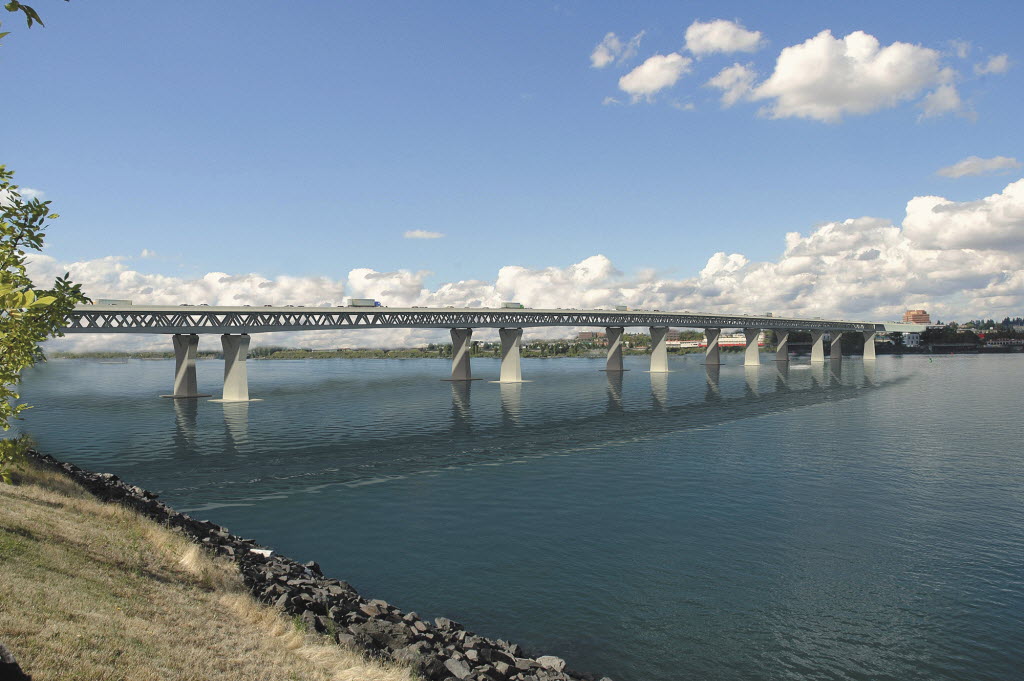The divorce is final.
Clark County government and its erstwhile economic development contractor — the Columbia River Economic Development Council — have officially parted ways, Lisa Nisenfeld, president of the CREDC, said Monday.
The mutual agreement makes permanent a rift that opened when Commissioners David Madore and Tom Mielke halted funding to the council unless the Vancouver-based nonprofit agreed to drop its support of the Columbia River Crossing, a proposed replacement Interstate 5 bridge that includes light rail. Their action canceled an earlier county commitment to contribute $200,000 over two years to the CREDC.
Nisenfeld said that based on meetings between council board members and Madore — including one Friday between Madore and CREDC board chairman Bill Dudley — the parties have “determined that we will agree to disagree and that the county will no longer be a member of the CREDC.”
For the CREDC, she said, the decision means that “we’re just going to move forward.”




